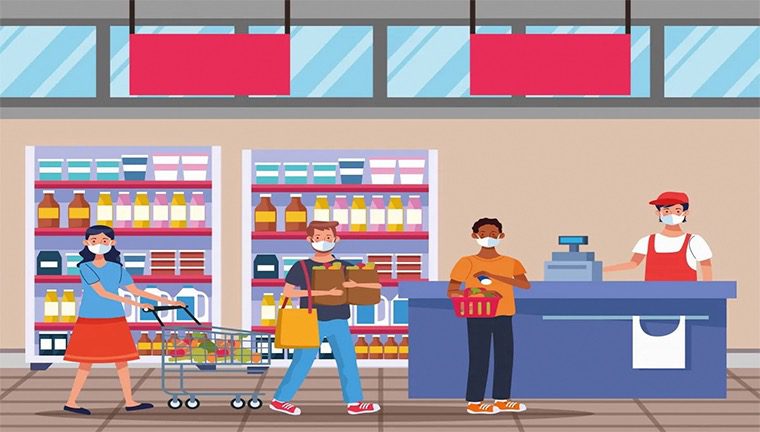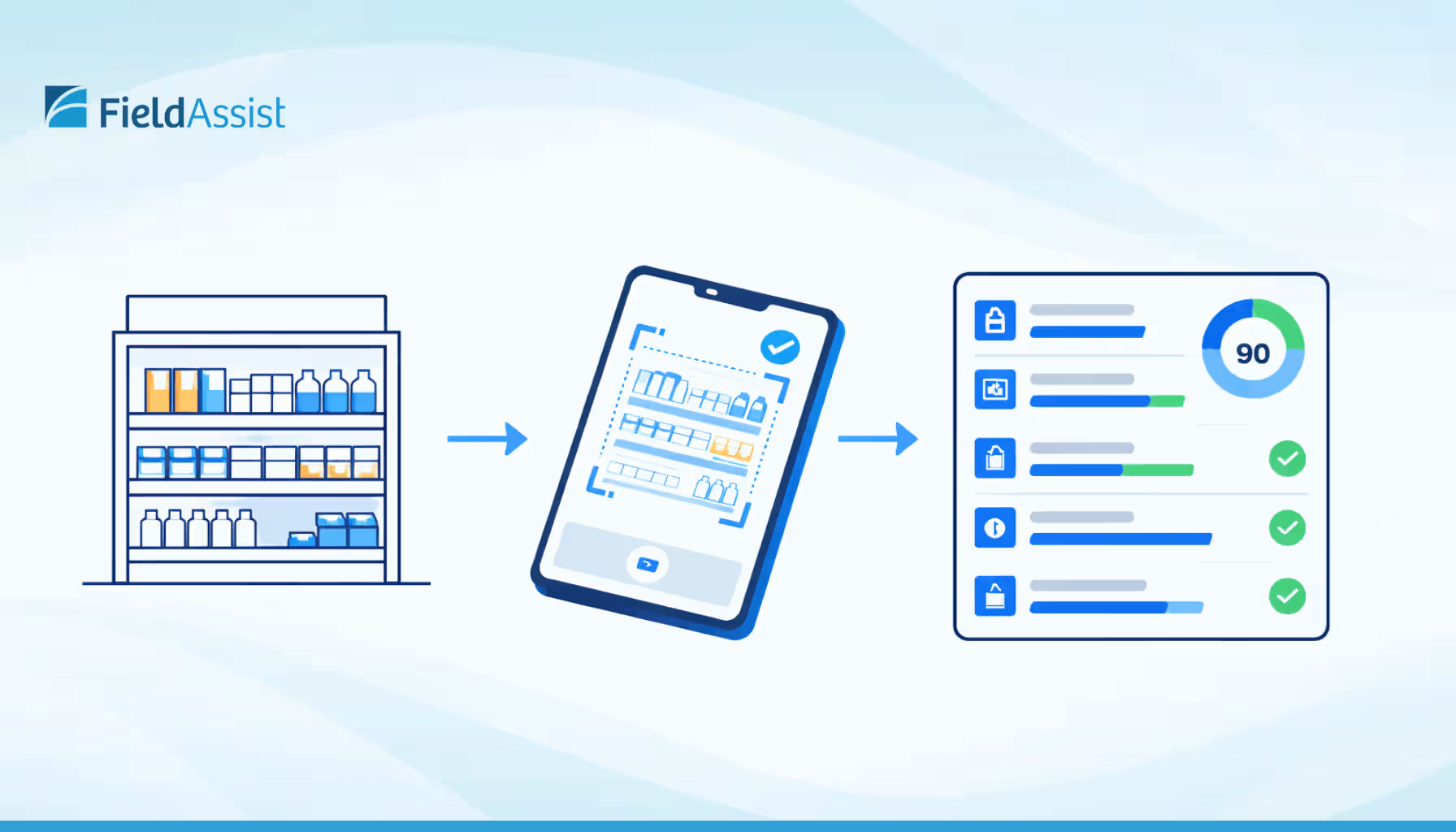How Coronavirus will Impact the FMCG Sector of India?
Read this blog to know how the coronavirus will impact the FMCG in terms of consumer behavior, supply chain & last mile delivery.

As you know Coronavirus has made its way into India. Immediately lockdown was called to contain the disease. Following which schools, malls, cinemas, gyms, offices, etc. were shut down, construction and all operations were stopped. Only essential services are permitted in the lockdown period.
Now, the lockdown may be enforced for a few weeks or months, but the repercussions of the pandemic are long-lasting. In fact, it would take several months for the Indian economy to return on track.
The lockdown has taken a toll on almost every Indian industry from construction to manufacturing. Even the FMCG sector will be affected by the pandemic. According to research by Deloitte, it is anticipated that the pandemic will put a downward thrust of around 16% on the FMCG sector. However, many experts claim that there are even opportunities that FMCG companies can leverage to sustain in this rough phase.
We’ll discuss all the challenges and opportunities in this post! Let’s start with the challenges:
Change in consumer buying behavior due to Coronavirus Lockdown and how it is impacting the industry
One of the significant repercussions of lockdown is panic shopping. There has been a major change in customer’s buying behavior over the past few days. The consumers are fearing a shortage of essentials at their home. Hence, they are buying everything in excess just to ensure that they won’t run out of the essentials during these tough times.
Owing to panic buying among the consumers, the demand for household products and FMCG goods is mushrooming exponentially.
Big brands have noted a surge in their demands. Even grocery stores are reporting high demands for fresh vegetables, fruits, bread, wheat, oil, and other grocery items.
The demand graph has gone up. However, restricted movement is disrupting the supply chain. In such a scenario, the movement of essential goods and the delivery of the orders have become major challenges for brands.
Furthermore, there is a lack of manpower in the industry as most of the people have gone to their hometowns in this lockdown period. The deficiency of manpower is causing a delay in both the production and delivery of FMCG products.
Retailing Challenges due to CoronaVirus Lockdown
In addition to challenges in the supply chain, there is a challenge for the field salesman in taking orders while maintaining ‘social distancing’. Due to movement restrictions, salesmen are not able to visit physical outlets to book orders. Hence, it’s becoming challenging for the salesman to receive orders and get it fulfilled through distributors. Instead, they are embracing work from home concept, which is entirely new for them.
Furthermore, salesmen are not able to meet retailers in person, which is causing a dent in a brand’s value. On top of that, consumers are buying products in bulk without being brand conscious. Hence, big brands are losing their loyalty to local brands.
Ensuring smooth interaction between brands and retailers has also become quite difficult. Furthermore, there have been instances of misinterpretation of the Central government’s directives by authorities and local-level governments.
The Logistic Trouble
According to the current reports, there is no shortage of consumer goods in the country. However, panic shopping has made it difficult for companies to maintain inventories and manage supply chains. Furthermore, lock down has caused disruptions in manufacturing as well as the supply chain. This disruption in the supply chain is causing the inventories to dry up at the retailers’ end.
Sanitizers are out of stock in a few retail stores. The other fast-moving consumer products such as flour, wheat, edible oil, noodles, spices, sugar, salt, dairy products, rice, pulse, biscuits, cleaning tools, and detergents are gradually going off the racks due to panic buying.
Opportunities for FMCG brands amid CoronaVirus Outbreak
It is surely a dark phase for the entire country. The Coronavirus outbreak has undoubtedly disturbed the Indian economy. Having said that, there are hidden opportunities wherein brands can capitalize to keep them in good shape amidst the pandemic. It is the best time for brands to win customer’s trust but they’ve to take certain steps in the right direction.
First of all, all brands should engrave customer-centricity into their business model. The companies should ensure proper sanitation and disease protection at their brick-and-mortar outlets. FMCG companies should influence customers to prefer digital shopping over physical shopping. Furthermore, it is crucial to winning customer’s trust in this rough phase and brands need to go extra miles for that.
What’s in store for the future?
The FMCG brands believe that it can take up to 2-3 weeks for the supply chain and the entire ecosystem to get back on track. Even though the lockdown period is all set to be lifted on 4th May, there are strong chances of its extension till the end of May in a few states. However, the government will still allow essential services and motivate manufacturers to speed up the manufacture and delivery of safety and daily-need commodities. Analysts suggest that the supply of sanitizers, handwash, cleaning products, soaps, and other hygiene products will surely improve.
So far, the biggest challenge for retailers and FMCG brands is the lack of manpower and disrupted production. The government has announced the supply of all kinds of essential products catering to the unprecedented demands of people during this difficult lockdown period. Even retailers are stocking up on the extra commodities to ensure a regular supply of items in any uncertainty. So, we can expect things to become better for the brands.







